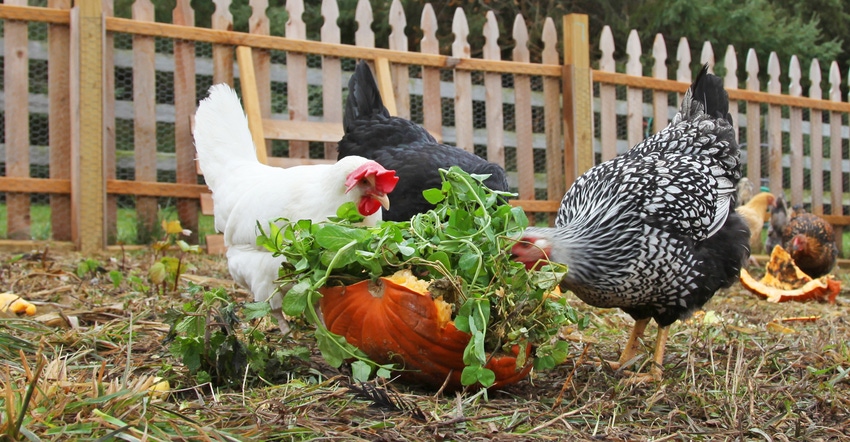
The Missouri Department of Agriculture has lifted the suspension of waterfowl auctions, shows and swap meets.
In March, MDA suspended waterfowl activity to help prevent the spread of highly pathogenic avian influenza in the state. HPAI is known to be deadly for domesticated poultry. During the first week of March, poultry operations in southern Missouri started seeing the disease in their flocks.
Nine cases of HPAI were confirmed in Missouri — six commercial flocks and three backyard flocks — within a month. All birds were depopulated to control the spread.
National impact
Across the country, HPAI has been confirmed in 353 flocks across 35 different states, according to the U.S. Animal and Plant Health Inspection Service. In all, just over 38 million birds, commercial and backyard flocks, have been affected by HPAI. The most recent cases were reported in New Jersey. The nation’s hotspot remained in Iowa, where more than 13 million birds were affected by the outbreak.
However, the rate of infections slowed in May for commercial flocks, while infections in noncommercial backyard flocks continue to rise, according to data from APHIS.
“Lifting the suspension on waterfowl activity does not mean avian influenza is no longer a risk,” Missouri state veterinarian Steve Strubberg said in a news release. “We strongly encourage producers to continue stringent biosecurity protocols, especially preventing their birds from comingling with wild waterfowl.”
Protect the flock
MDA put out the following biosecurity protocols for poultry owners:
Restrict visitor access to your birds.
Prevent contact with wild birds (especially waterfowl).
Refrain from visiting other poultry production locations.
Have dedicated clothing and footwear when working with your birds.
Disinfect footwear before entering your barn or coop.
Wash hands with soap and water before and after handling your birds.
Reduce availability of food, water and any potential nesting areas for wild birds.
Fix holes in roofs, screens and walls of poultry barns or coops.
Clean and disinfect all wheels on vehicles that have visited a poultry farm.
Clean and disinfect all equipment borrowed from other poultry producers.
Know the signs
Here are 5 indications of possible HPAI:
decrease in water or feed consumption
respiratory signs, such as coughing and sneezing
quietness among the flock
decrease in egg production
sudden increase of death in your flock
Poultry producers should prevent contact between their birds and wild birds, and report sick birds or an unusual increase in death loss to the state veterinarian’s office at 573-751-3377.
For more information about avian influenza in Missouri, visit agriculture.mo.gov/avian-influenza.
For more information about the Missouri Department of Agriculture and its programs, visit agriculture.mo.gov.
The Missouri Department of Agriculture contributed to this article.
About the Author(s)
You May Also Like






